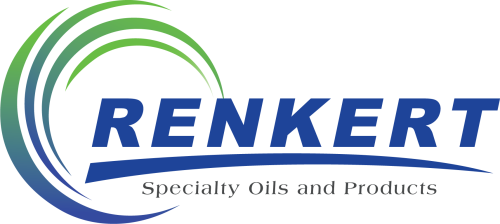
In 2022 the grease industry’s international value was estimated at $3.7 billion, and by 2029 this number is expected to reach $4.7 billion.
This tracks closely with the projected increase in volume, especially in the Asia-Pacific region, from 2.62 billion liters in 2024 to 3.08 billion by 2029, growing at a compound annual rate of 3.38 percent.
But even though the grease industry—with diverse lubricant applications from household products to heavy machinery—is set to expand, it must respond to major trends in one of its primary markets: the automobile industry.
The Rise of Electric Vehicles
The electric vehicles market has gone from a niche, futuristic concept to everyday reality very quickly. While in 2021 only 3.4 percent of new cars sold were electric vehicles, by 2030, that number will likely be close to 30 percent.
This is partly due to growing consumer demand for sustainable alternatives to traditional gasoline-powered automobiles.
But it also has the force of regulatory pushes behind it, like the initiative enacted by the state of California, which has mandated that by 2035 all new cars sold within the state must be zero-emission vehicles.
Likewise, China, one of the largest and fastest-growing markets for automobiles, has imposed a policy that 40 percent of cars sold in China by 2030 must be electric vehicles.
Grease Industry and Electric Vehicles
The fear of many in the grease industry is that the move to electric vehicles will lead to a sharp drop in the demand for grease. Grease is commonly used in internal combustion engines (ICEs), but the move to battery-powered engines appears to make this use obsolete.
However, many of the parts of traditional gasoline-powered cars that use grease will still require grease lubrication in electric vehicles. Components like door locks, wheel bearings, chassis lubrication, and hinges are already and will continue to be points of application for grease products.
As the automobile market continues to grow, grease producers need not worry about a drop in demand, so much as a change in the type of demand. Grease will still be used in many applications, but the type of grease used in electric vehicles may differ in important ways from the type used in ICE vehicles.
Choosing a Base Oil to Support Important Grease Characteristics
There are multiple ways that the lubrication needs of electric vehicles differ from that of gasoline-powered cars. Because it makes up 80-95 percent of the grease, it is important that grease manufacturers use a base oil that can support these characteristics in their final product.
Energy Efficiency
Decreasing the torque properties of greases is an important way to prepare them for the EV market. This can be done by lowering grease viscosity, which in turn will improve fuel economy.
However, the viscosity must also be finely tuned to meet the temperature and load requirements suitable for its application.
Noise Concerns
Because electric vehicles are so much quieter than vehicles powered by ICEs, noise, vibration, and harshness (NVH) and buzz, squeak, and rattle (BSR) are all more noticeable problems.
Using effective lubrication to dampen noise is not only important to minimize annoyance for consumers, but can also be important for the performance of modern safety and guidance sensors.
Lightweight Materials
To improve vehicle range, a major concern for potential EV buyers, manufacturers increasingly use lighter materials such as plastics and composites.
Grease suppliers must be sure that their lubricants are pure and stable enough that they will not affect the mechanical properties of the materials with which they come in contact.
Renkert Oil, Your Base Oil Supplier for Grease Products
Renkert Oil is excited to support the grease industry in making its transition to the new era of electric vehicles. Our selection of Chevron base oils, including NEXBASE Group III oils, have the characteristics necessary for an effective lubricant in electric vehicles such as:
- oxidative stability,
- high purity, and
- a wide range of available viscosities.
By partnering with Renkert Oil, you are choosing to collaborate with a team of experts with years of experience who will help you select the base oil with the characteristics appropriate for your specific product.
For more information about working with Renkert Oil, contact us today.
